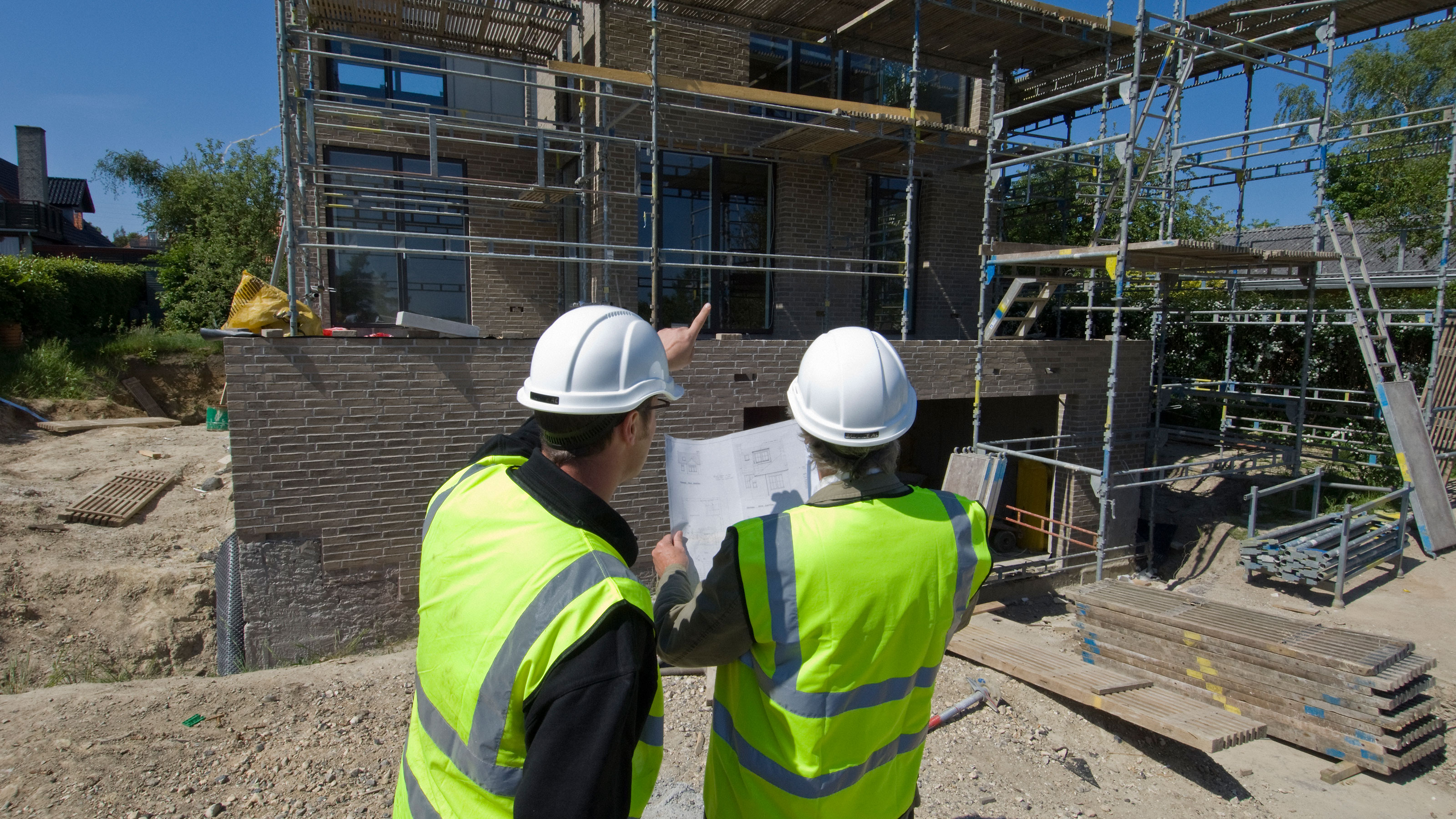These planning reforms are coming in 2026
The 2026 planning reforms set to streamline planning permission, unlock new opportunities for self-builders and small developers, and support the creation of more sustainable homes across the UK

Bring your dream home to life with expert advice, how to guides and design inspiration. Sign up for our newsletter and get two free tickets to a Homebuilding & Renovating Show near you.
You are now subscribed
Your newsletter sign-up was successful
The UK government is set to introduce a series of planning reforms in 2026 that could affect how individuals and developers gain planning permission for new homes.
The changes, outlined in the Planning & Infrastructure Bill, aim to reduce delays, simplify procedures, and provide clearer pathways for self-builders and small-scale housing projects.
These planning reforms cover areas including land access, planning fees, consultation processes, and environmental requirements.
We reveal the changes that are set to come in 2026 to keep you informed with regards to your planning application.
Streamlined planning and consultation
The Planning & Infrastructure Bill is aiming to revise the National Planning Policy Framework by making local planning procedures to make approvals faster and more predictable, particularly for small and custom-build developments.
Statutory consultation requirements are being simplified, allowing councils to progress applications even if some consultees do not respond.
The government is aiming for pre-application processes to be streamlined, reducing the time required to gain planning permission.
Bring your dream home to life with expert advice, how to guides and design inspiration. Sign up for our newsletter and get two free tickets to a Homebuilding & Renovating Show near you.
Housing Secretary Steve Reed said: “We are cutting unnecessary steps in the planning system so self-builders and smaller developers can move forward with confidence and certainty."
Land access and community incentives
One of the key areas of the 2026 planning reforms is improved access to underused and brownfield land.
The government-backed Platform4 initiative targets disused railway land in cities including Cambridge, Manchester, Newcastle, and Nottingham, with some plots reserved for self-build and custom-build projects. Local authorities may offer community incentives such as electricity bill reductions for hosting new transmission infrastructure.
Reed commented: “Unlocking underutilised land is essential for giving people the opportunity to build their own homes and for delivering housing in areas where it is needed most.”
Development near transport hubs
The planning reforms encourage development near well-connected transport hubs. Homes within walking distance of train or tram stations are expected to receive a presumption of approval if they meet policy requirements.
Councils will be encouraged to prioritise development near stations to optimise land use and promote higher-density housing.
Housing Secretary Reed explained: “By supporting development near transport hubs, we are creating communities that are accessible and sustainable while making planning permission simpler for those building homes.”
Sustainability and the Future Homes Standard
The 2026 planning reforms introduce guidance for environmentally sustainable building practices, including habitat restoration, biodiversity measures, and features such as swift bricks for nesting birds.
2026 will also see the introduction of the Future Homes Standard, requiring new homes to meet higher energy efficiency and reduced carbon emissions.
This will bring building regulation changes to require newly built homes to 75%-80% less carbon emissions than previously built homes in order to help the government meet its net-zero targets.
Reed said: “These reforms give self-builders the tools to integrate green technology from the start, helping to build homes that are low-carbon and energy-efficient without adding delays to planning permission.”
The goal is to combine faster construction timelines with sustainability objectives, giving builders clearer expectations for planning conditions related to ecological and energy standards.

Support for local authorities and developers
Councils will have flexibility to set planning fees that reflect actual processing costs, helping self-builders and smaller developers navigate the system more efficiently.
Additional funding is planned to expand planning capacity and recruit more officers to manage workloads. Ministers will have powers to intervene in cases where larger projects face refusals or delays.
Reed emphasised: “By strengthening support for local authorities and ensuring projects aren’t unnecessarily blocked, we can make the planning system more predictable for everyone involved in building homes.”
Other reforms affecting planning permission
The 2026 planning reforms also include updated local planning requirements, with six-year housing projections and clear targets for brownfield and greenfield development.
Design codes and neighbourhood planning processes will continue to guide quality while supporting self-build opportunities. Simplified rules for smaller sites and clarified environmental requirements aim to reduce delays and provide clearer pathways to planning permission.
Reed noted: “Clearer rules and up-to-date local plans will help self-builders and developers plan with confidence, making it easier to bring forward housing in the right places.”
The 2026 planning reforms aim to make gaining planning permission faster and more predictable, especially for self-builders and small developers.
Key changes include streamlined consultation, improved access to underused land, support for development near transport hubs, and sustainability measures aligned with the Future Homes Standard.
While implementation will depend on local authorities and land availability, these reforms are designed to give builders greater clarity and confidence. Engaging early with councils will be crucial to make the most of the new system.

News Editor Joseph has previously written for Today’s Media and Chambers & Partners, focusing on news for conveyancers and industry professionals. Joseph has just started his own self build project, building his own home on his family’s farm with planning permission for a timber frame, three-bedroom house in a one-acre field. The foundation work has already begun and he hopes to have the home built in the next year. Prior to this he renovated his family's home as well as doing several DIY projects, including installing a shower, building sheds, and livestock fences and shelters for the farm’s animals. Outside of homebuilding, Joseph loves rugby and has written for Rugby World, the world’s largest rugby magazine.
